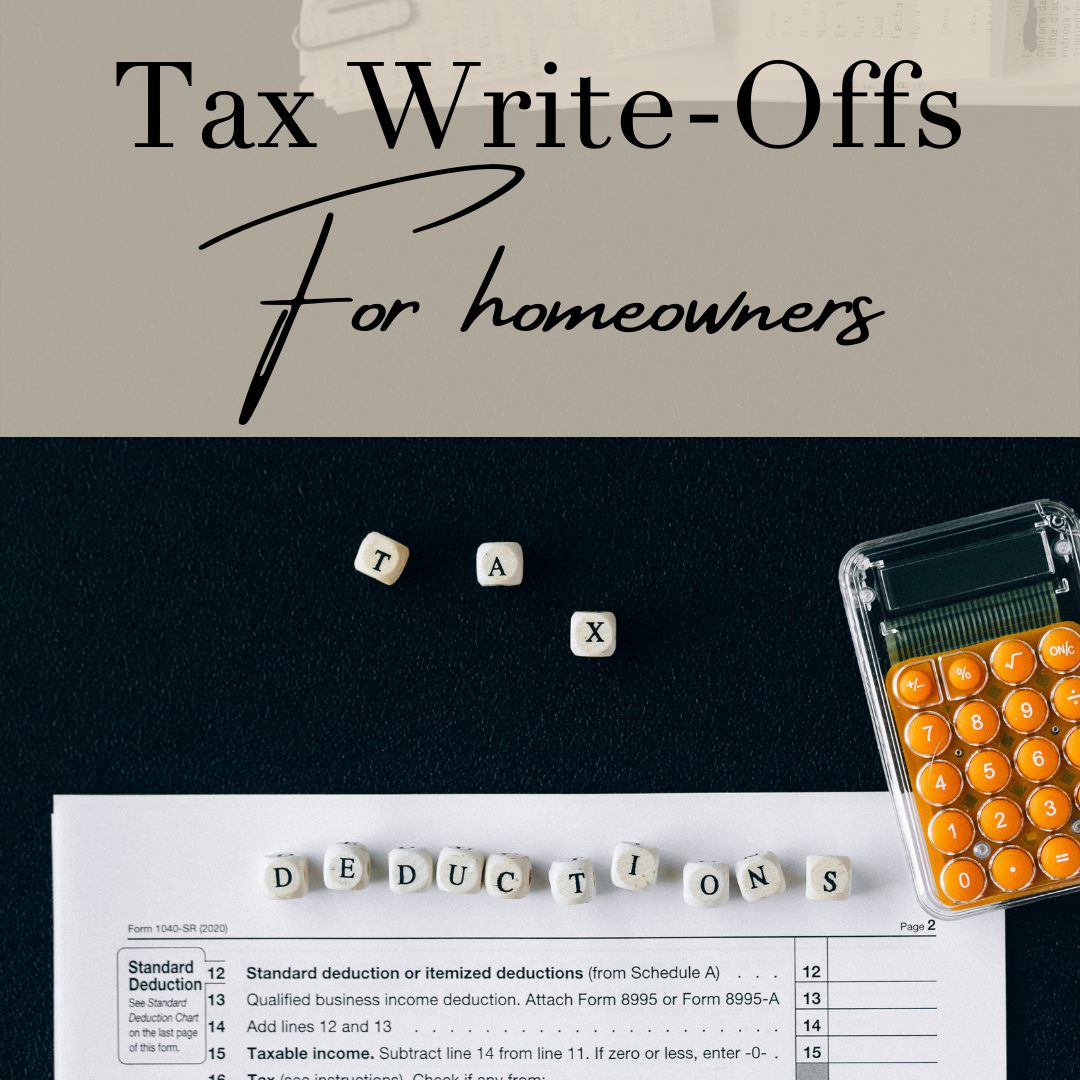
As a homeowner, you can benefit from tax breaks that can shave thousands of dollars off from your CRA bill each year, which could mean a higher refund check. Since it’s that time of year we are all gathering our documents and working on getting out taxes in asap, I wanted to remind you about what owning a home can do to help your tax situation.
And if you currently rent, becoming a homeowner means you’ll get some tax benefits that could make you (almost) like filing your tax return.
Read over the list below to see what could pertain to your situation. There are other deductions you might be able to take that I haven’t listed here, so be sure to always consult with your tax advisor. This isn’t tax advice, just a reminder of what to talk to your accountant about!
• Home Buyer’s Amount (formally called the Home Buyer’s Tax Credit). You can claim up to $5000 for the purchase of a home if you or your common-law partner or spouse acquired a qualifying property, AND you didn’t live in another home owned by your or your spouse/partner that year, or in the previous 4 years (first time home buyer) you qualify for this credit. The credit is split between the two homeowners but can’t exceed $5000. Detached, attached, apartments, and mobile homes all qualify.
• Home Accessibility Tax Credit. Renovations or expenses incurred which make homes safer or more accessible for Canadians 65-years of age or older, or for the disabled people of any age may qualify for the HATC provided they are being claimed by the eligible individual or by someone who looks after the individual and meets all of the CRA’s requirements. Up to $10,000 in expenses can be claimed under the HATC. Since this is a non-refundable tax credit, you are eligible to receive 15% of the renovation costs as a reduction on your taxes.
• Home Buyer’s Plan. This plan allows qualified first-time homeowners to use up to $35000 from the RRSP towards the purchase of a new home. If you used this plan last year to purchase a property you will need to pay back your portion this year or it can be added to your income and paid back through your tax return.
• Investment Property/Rental Property. The cost of maintaining and marketing a rental property can be deducted from the income the property generates. These expenses include interest on money borrowed to buy or improve a rental property, insurance, utilities, maintenance, repairs, advertising costs, and management fees.
• Home office. You can deduct the costs of a home office that you use exclusively as your principal place of business. This one is notorious for causing audits, so if you are going to claim this one, but sure to talk with your accountant about your situation and whether you qualify.
• Capital Gains: Remember, if you sold your principle residence, you won’t have to pay tax on the gain. If you are selling an investment property, that’s where it gets a little more complicated, and you will have to pay capital gains on 50% of the profit of the sale. Also remember you can carry forward capital losses, or apply current capital gains to previous capital losses. This is a much more complex accounting scenario so it's best to reach out to a qualified accountant!
• Canada Greener Homes Grant. Not a tax break but homeowners can apply for grants for making energy-efficient improvements to their homes. These grants cap out at $5000 per home for eligible energy-efficient improvements and up to $600 for EnerGuide home evaluations so you can plan your retrofit. You can find more information about this program HERE.
So, there you have it—the basics of tax benefits for being a homeowner. There are others, so be sure to talk to your accountant.
At the very least, take advantage of these and make that refund a little higher this year!!
And if you currently rent, becoming a homeowner means you’ll get some tax benefits that could make you (almost) like filing your tax return.
Read over the list below to see what could pertain to your situation. There are other deductions you might be able to take that I haven’t listed here, so be sure to always consult with your tax advisor. This isn’t tax advice, just a reminder of what to talk to your accountant about!
• Home Buyer’s Amount (formally called the Home Buyer’s Tax Credit). You can claim up to $5000 for the purchase of a home if you or your common-law partner or spouse acquired a qualifying property, AND you didn’t live in another home owned by your or your spouse/partner that year, or in the previous 4 years (first time home buyer) you qualify for this credit. The credit is split between the two homeowners but can’t exceed $5000. Detached, attached, apartments, and mobile homes all qualify.
• Home Accessibility Tax Credit. Renovations or expenses incurred which make homes safer or more accessible for Canadians 65-years of age or older, or for the disabled people of any age may qualify for the HATC provided they are being claimed by the eligible individual or by someone who looks after the individual and meets all of the CRA’s requirements. Up to $10,000 in expenses can be claimed under the HATC. Since this is a non-refundable tax credit, you are eligible to receive 15% of the renovation costs as a reduction on your taxes.
• Home Buyer’s Plan. This plan allows qualified first-time homeowners to use up to $35000 from the RRSP towards the purchase of a new home. If you used this plan last year to purchase a property you will need to pay back your portion this year or it can be added to your income and paid back through your tax return.
• Investment Property/Rental Property. The cost of maintaining and marketing a rental property can be deducted from the income the property generates. These expenses include interest on money borrowed to buy or improve a rental property, insurance, utilities, maintenance, repairs, advertising costs, and management fees.
• Home office. You can deduct the costs of a home office that you use exclusively as your principal place of business. This one is notorious for causing audits, so if you are going to claim this one, but sure to talk with your accountant about your situation and whether you qualify.
• Capital Gains: Remember, if you sold your principle residence, you won’t have to pay tax on the gain. If you are selling an investment property, that’s where it gets a little more complicated, and you will have to pay capital gains on 50% of the profit of the sale. Also remember you can carry forward capital losses, or apply current capital gains to previous capital losses. This is a much more complex accounting scenario so it's best to reach out to a qualified accountant!
• Canada Greener Homes Grant. Not a tax break but homeowners can apply for grants for making energy-efficient improvements to their homes. These grants cap out at $5000 per home for eligible energy-efficient improvements and up to $600 for EnerGuide home evaluations so you can plan your retrofit. You can find more information about this program HERE.
So, there you have it—the basics of tax benefits for being a homeowner. There are others, so be sure to talk to your accountant.
At the very least, take advantage of these and make that refund a little higher this year!!
